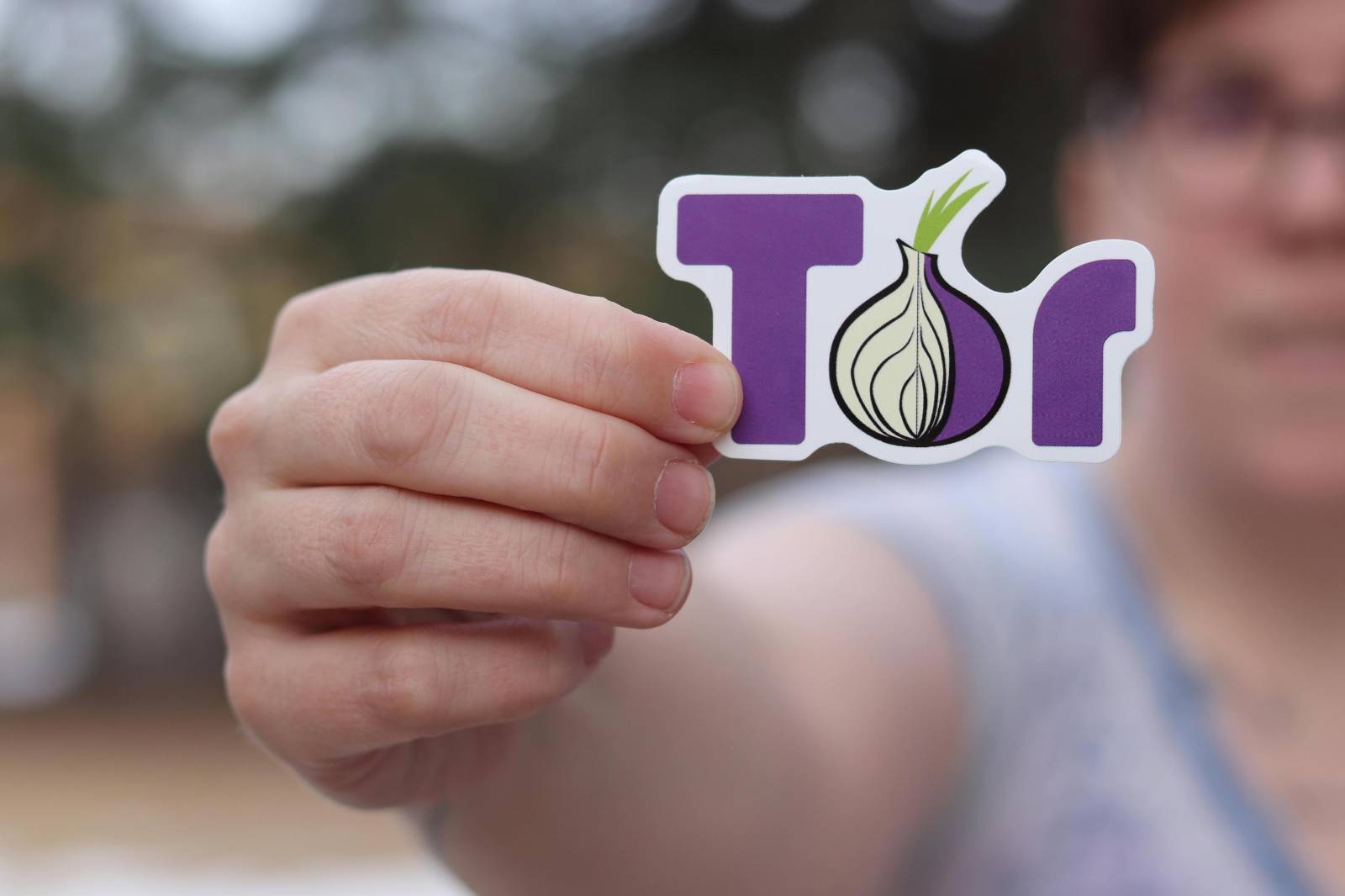Can the Dark Web Save Journalism? The Role of Anonymous Press Networks

|
The free press is under siege. Governments crack down on dissent, surveillance threatens confidential sources, and corporate media consolidations silence independent voices. In authoritarian regimes, reporting on corruption or human rights violations can lead to imprisonment, violence, or even assassination.
As mainstream journalism faces increasing threats, some journalists are turningto anonymous press networks on the dark web to continue their work. These networks provide censorship-resistant platforms where reporters can publish investigative stories without fear of takedowns, surveillance, or retaliation
How Anonymous Press Networks Work on the Dark WebUnlike mainstream news websites, dark web journalism platforms rely on Tor, encryption, and decentralized hosting to ensure that reporting remains accessible even when governments attempt to block or censor information. Tor-Based News PlatformsSeveral independent news outlets have created dark web mirrors of their websites to ensure access for audiences in countries where the press is censored. Some of the most notable examples include:
These platforms help readers bypass firewalls, IP tracking, and regional censorship laws, making them invaluable tools for those seeking unbiased news. Encrypted Whistleblower DropboxesJournalists rely on SecureDrop and similar dark web platforms to communicate with sources without leaving a digital footprint. These dropboxes:
In authoritarian countries, this technology has been lifesaving for whistleblowers exposing corruption, war crimes, and human rights abuses. Decentralized, Censorship-Proof PublishingDark web press networks use blockchain, peer-to-peer hosting, and cryptographic signatures to ensure that:
Projects like IPFS (InterPlanetary File System) and blockchain-based news archives offer permanent, uncensorable journalism—a vital tool in countries where independent media is criminalized. The Dark Web’s Role in Protecting JournalistsBeyond publishing, the dark web serves as a defensive shield for journalists facing surveillance, imprisonment, or assassination threats. Secure Communication and Source ProtectionJournalists covering government abuses, corporate crime, or war zones must take extreme precautions to avoid surveillance. The dark web provides:
These tools make it significantly harder for intelligence agencies to track investigative reporters. Escaping Digital CensorshipAuthoritarian governments frequently block or manipulate mainstream media, replacing it with state-controlled propaganda. Dark web networks help bypass:
In countries like China, Iran, and North Korea, these strategies allow citizens to access uncensored information. Protecting Journalists from Physical HarmSome journalists use dark web networks to hide their identities when covering dangerous topics. This includes:
For those targeted by governments or criminal organizations, the dark web can be a literal lifeline. The Risks and Ethical Dilemmas of Dark Web JournalismWhile the dark web offers solutions, it also presents risks and ethical challenges for journalists. Government Surveillance and InfiltrationAuthorities actively monitor the dark web, attempting to identify journalists, whistleblowers, and sources. Methods include:
Reporters must constantly update their cybersecurity practices to stay ahead of surveillance techniques. Ethical Questions About Publishing LeaksAnonymous press networks lack accountability compared to traditional journalism. Issues include:
Without careful oversight, misinformation and manipulated leaks can damage legitimate journalism. Dark Web Exploitation by CriminalsWhile many journalists use the dark web responsibly, criminal groups also exploit its anonymity. Some risks include:
Navigating these ethical challenges requires a balance between anonymity, security, and journalistic integrity. The Future of Journalism in the ShadowsAs governments increase their control over information, the dark web is becoming a battleground for press freedom.
The dark web is not just a hiding place for investigative journalists—it may become the last stronghold of independent reporting in an era of global censorship. |
Making Torry Possible
Thanks to the privacy contributions from the following foundations. Torry is able to maintain a strong goal towards a private.

